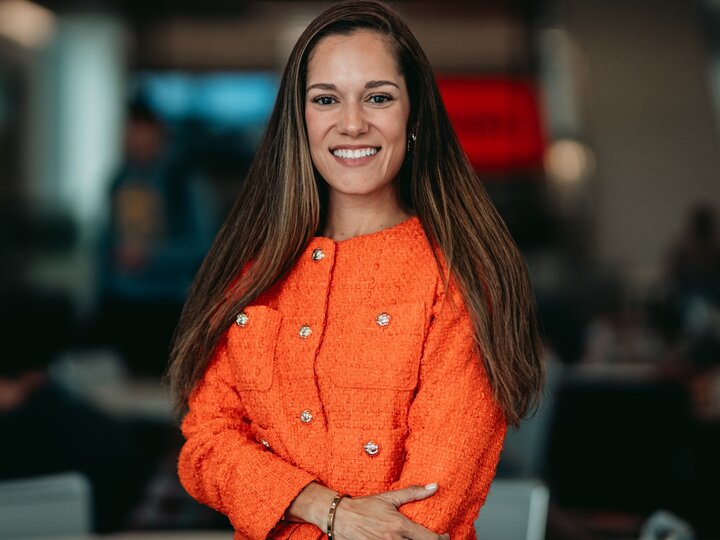What is the Teaching Fellows Program?
The College of Engineering Teaching Fellows program is a six-year professional development series designed to elevate the quality of teaching within engineering, computing, and construction classrooms. This comprehensive program offers a unique opportunity for faculty in the College of Engineering to enhance their instructional practices and foster a vibrant community of educators dedicated to teaching excellence. As a cohort, we explore and implement innovative teaching techniques and research-based instructional strategies. This community serves as a platform for knowledge sharing, idea exchange, and mutual support, creating an atmosphere of continuous growth and improvement.
In addition to the shared learning experiences, the program emphasizes the value of firsthand observation and feedback. Faculty fellows observe other faculty while they teach to gain valuable insights into effective instructional strategies and reflect on own their own teaching practices. Furthermore, faculty fellows themselves are observed, allowing for constructive feedback and tailored guidance to enhance their own teaching practices. Other activities include being paired with experienced instructional designers, one-on-one consultations, teaching-focused professional development, and course and syllabi reviews. By providing a comprehensive framework for professional growth, this program empowers engineering faculty to deliver exceptional educational experiences that inspire and nurture the next generation of engineers.
We have recruited the third cohort of COE Faculty to join the 2-year COE Teaching Fellows Program starting in Fall 2025. The next cohort will be recruited in Fall of 2026. If you have any questions or would like to learn more about the program, please contact engr-ecec@unl.edu, Dr. Amie Sommers, or Dr. Tareq Daher. Please note that the program is not currently offered to post-docs and lecturers.
Registration
Please complete the form on the Registration Page.
Requirements
Pre-Teaching Fellows (Years 1-2)
Spanning over a period of two years, the program empowers faculty members to evolve their teaching methodologies by immersing them in a rich learning environment. Upon completion, instructors earn a COE Teaching Fellow designation for one year.
Year | Fall | Spring | Notes |
|---|---|---|---|
1 | Learning by Design | Course & Syllabus Review | *POCA Observations are required |
2 | Review a Peer's Course | Special Topics Discussions | *POCA Observations are required |
Teaching Fellows (Years 3-6)
Faculty may elect to continue their development and renew their title by participating in teaching-focused activities. After completing the initial 2-year program, the COE Teaching Fellow title is earned annually, it is not a credential. Each academic year we will host activities focused on a new theme. To maintain your title’s active status for the year, you must complete all requirements for maintaining your COE Teaching Fellow Title for that year.
Year | Fall | Spring | Goals |
|---|---|---|---|
3 | Attend 3 discussion and reflection sessions on The Skillful Teacher by Stephen D. Brookfield. | Attend 3 discussion and reflection sessions on special topics in engineering education. | Teaching-Focused Professional Development
|
4 | Attend 3 discussion and reflection sessions on How Humans Learn by Joshua R Eyler. | Attend 3 discussion and reflection sessions on Inclusive Teaching by Hogan and Sathy. | Teaching Approaches
|
5 | Attend peer mentor meetings, and discussion and reflection sessions on selected topics in engineering education. | Attend all sessions of Learning by Design 2. | Building Community
|
6 | Attend 3 discussion and reflection sessions on new reading, to be selected. | Attend 3 discussion and reflection sessions on Improving Teaching and Mental Health in the College Classroom by Eaton et al. | Student-Focused Teaching Practices
|
Cook Teaching Fellow
Durham School
Emmeline Watson
Assistant Professor of Practice
“I am honored to be selected as the inaugural Cook Teaching Fellow, as it provides an opportunity to further pursue my passion for teaching and my deep commitment to student success. This fellowship will offer direction and support as I continue to explore innovative strategies that enhance learning and engagement.
Earning the prestigious title of a Cook Teaching Fellow comes with a commitment and responsibilities that we are confident our chosen candidate will embrace. The goal of the College of Engineering’s Faculty Teaching Fellows Program, led by the college’s Engineering and Computing Education Core (ECEC), is to provide strategic professional development for our faculty with a focus on growing excellence in teaching and learning. This distinguished title is awarded for one year and is renewable contingent upon meeting the requirements for renewal each year. The Teaching Fellow title recognizes those faculty in the college who are committed to continuously working towards teaching excellence. The Cook Teaching Fellow’s commitment to the program extends beyond the yearly renewal requirements and they are expected to commit to the program for the next four years.”

Teaching Fellows
Durham School
Moe Alahmad
Professor
"I joined the Teaching Fellows program because I am a student-oriented faculty member who loves to engage with students and support their educational learning. The Teaching Fellows program allows me to explore proven methods for improving teaching and learning. Being in the program allows me access to a supportive community of educators who genuinely care about education to enrich my own pedagogy."
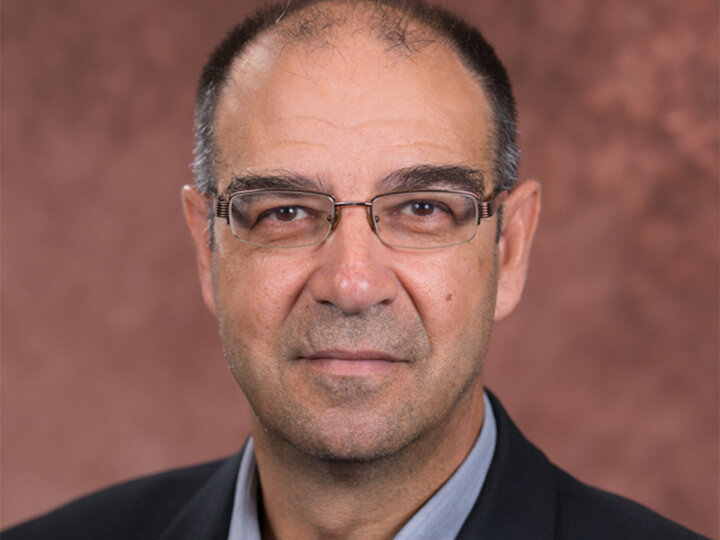
School of Computing
Bhuvana Gopal
Assistant Professor of Practice
"I joined the Teaching Fellows program because I wanted to give the best version of myself as a teacher to my students. Being a part of the program helps me hone my teaching skills through meaningful scholarly activities and sessions and helps me provide the best value for my students."

Mechanical & Materials Engineering
Eric Markvicka
Associate Professor
"Teaching is one of the most meaningful ways I connect with students and support their growth as engineers. The Teaching Fellows program provides an opportunity for me to reflect on my own teaching, learn new research-based strategies, and engage with a community of peers who are passionate about teaching. The program supports my growth as an educator by encouraging reflection on my own teaching while exposing me to new perspectives and approaches from peers across disciplines."
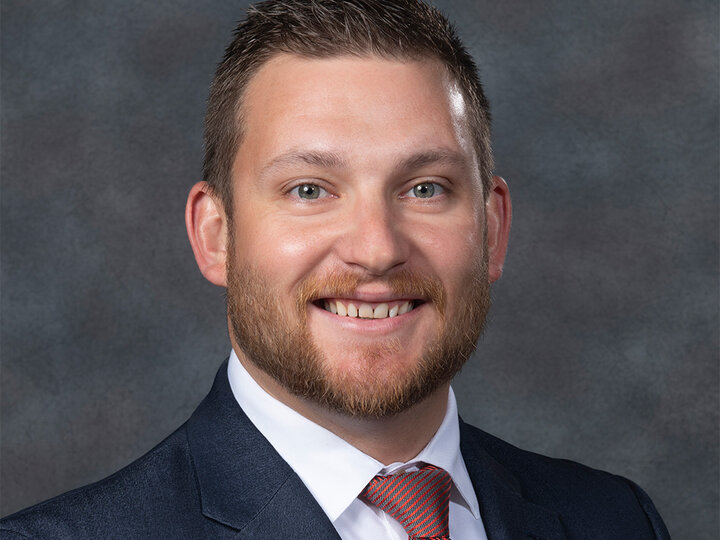
Durham School
Tony Roebuck
Assistant Professor of Practice
"I joined the Teaching Fellows program because I am deeply committed to the continuous improvement of my teaching practice. I had a very rewarding career in the construction industry. I am dedicated to preparing the next generation of construction engineers and managers; however, if I am unable to effectively engage to educate that next generation, my wealth of knowledge and experiences becomes irrelevant. As an educator in the College of Engineering, I recognize the importance of not only delivering technical content effectively but also cultivating an inclusive and engaging classroom environment. Participating in this program allows me to collaborate with a community of like-minded educators, share ideas, and explore evidence-based teaching strategies that enhance student learning.
Being part of the Teaching Fellows program provides me with access to a rich network of peers and mentors who challenge and support my development as an educator. Through discussions, and shared resources, I gain new perspectives on pedagogy, assessment, and student engagement. The program also encourages me to be intentional about my teaching choices and to assess their impact on student outcomes. These benefits have already begun to translate directly into my classroom."
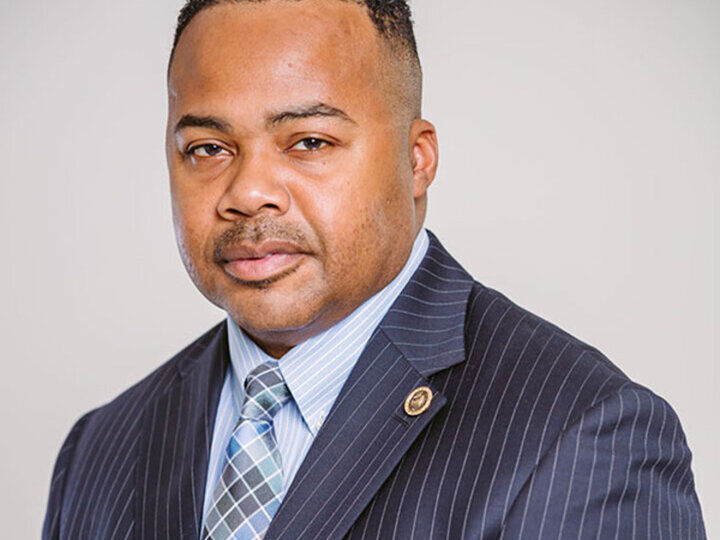
Fellows Row 2
Durham School
Milad Roohi
Assistant Professor
"I joined the Teaching Fellows program because it provides a supportive community of educators who are dedicated to improving student learning and pedagogical practice. Participating in the program is important to me because it allows me to engage in thoughtful reflection about my teaching, exchange ideas with colleagues across disciplines, and explore innovative approaches that I can bring back to the classroom.
The program benefits me by giving me access to mentorship, resources, and peer feedback that enrich both my teaching and my professional growth. Being part of this cohort inspires me to continually refine my practice and deepen my impact as an educator."
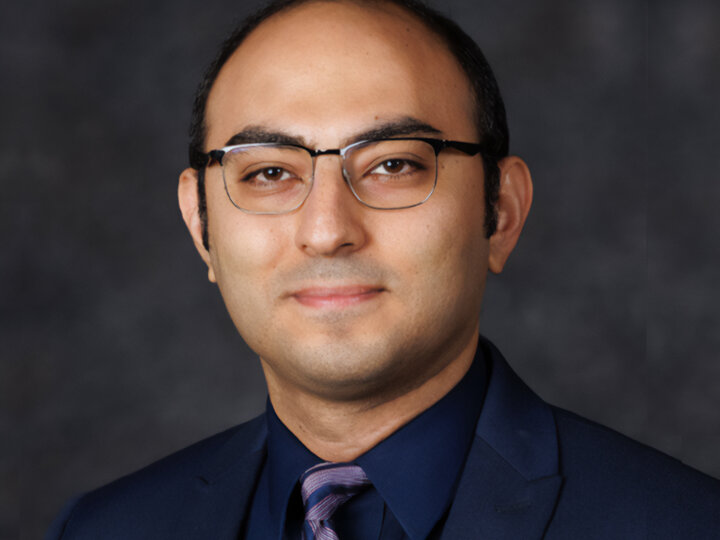
Durham School
Emmeline Watson
Assistant Professor of Practice
"I joined the Teaching Fellows program because I truly love teaching and care deeply about my students. Being part of this program is important to me because it gives me the chance to reflect on my teaching, learn from others, and try new ideas that can make my classes even better.
I benefit by having support, resources, and a community that helps me grow as an educator so I can continue giving my students the best learning experience possible."
